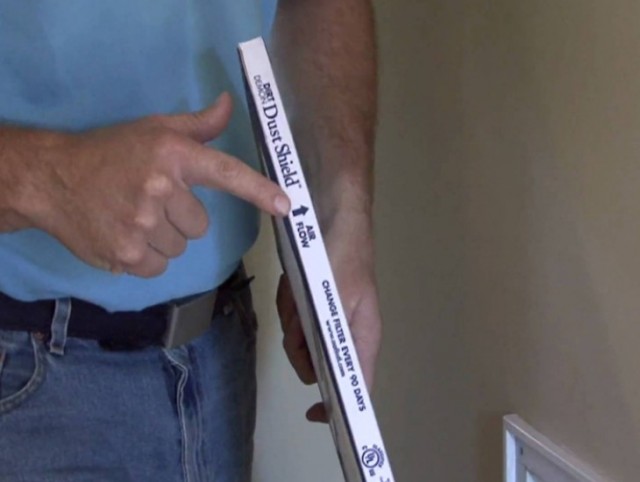
![]()
![]()
Here are five benefits of regularly replacing your air filter:
1. Extending the life of your HVAC unit. The most common reason a heating and air conditioning system breaks down is because of a dirty filter. As dirt accumulates, air can't pass, or worse, the system overheats. The motor then has to work harder. In a best-case scenario, your unit will need to be repaired. In the worst case, if your unit is older, not replacing filters could put it over the edge and require you to buy a new one. Replacing the filter is an easy way to lengthen the life of your heating system.![]()
2. Keeping energy costs down. When that clogged air filter is working harder, more energy is being used. And when it requires more energy to make your heating and air conditioning to work, it causes your energy bill to skyrocket. The Department of Energy says the average household spends about $2,200 a year on its energy bill. When you consistently change your air filter, you can save from 5 to 15 percent on your utility costs.
3. Maintaining healthy air quality. This is particularly important if anyone in your family suffers from allergies or asthma. Dirty air filters worsen the air quality and can exacerbate symptoms. If you have pets, it's even more important because pet dander will accumulate in the system and then spread allergens throughout the household. It's an easy fix to replace your filter and prevent air quality from deteriorating.
4. Keeping your heating and cooling system clean. Dirt clogged up in the filter can lead to polluting the entire HVAC system. That means extra repairs, service and parts that you hadn't budgeted for or were planning on.
5. A clean peace of mind. Replacing your filter is an easy, inexpensive step to take to save money, extend the life of your system and improve your indoor air quality. It also decreases the amount of energy your family uses.
When shopping, look at the MERV (minimum efficiency reporting value) number, which ranges from 1 to 12. The higher the number, the better the filtration is.


